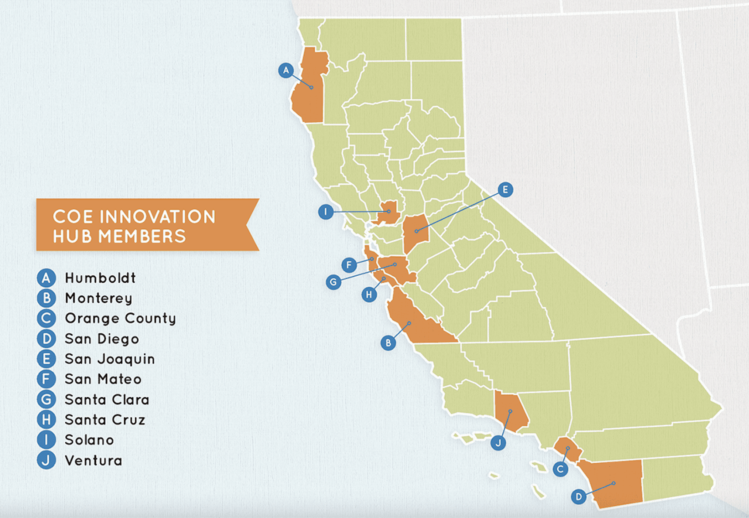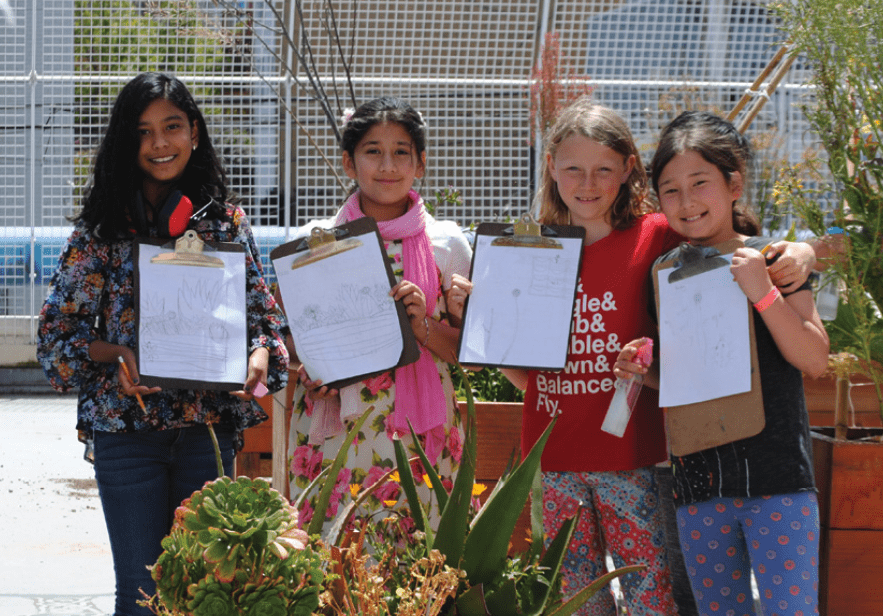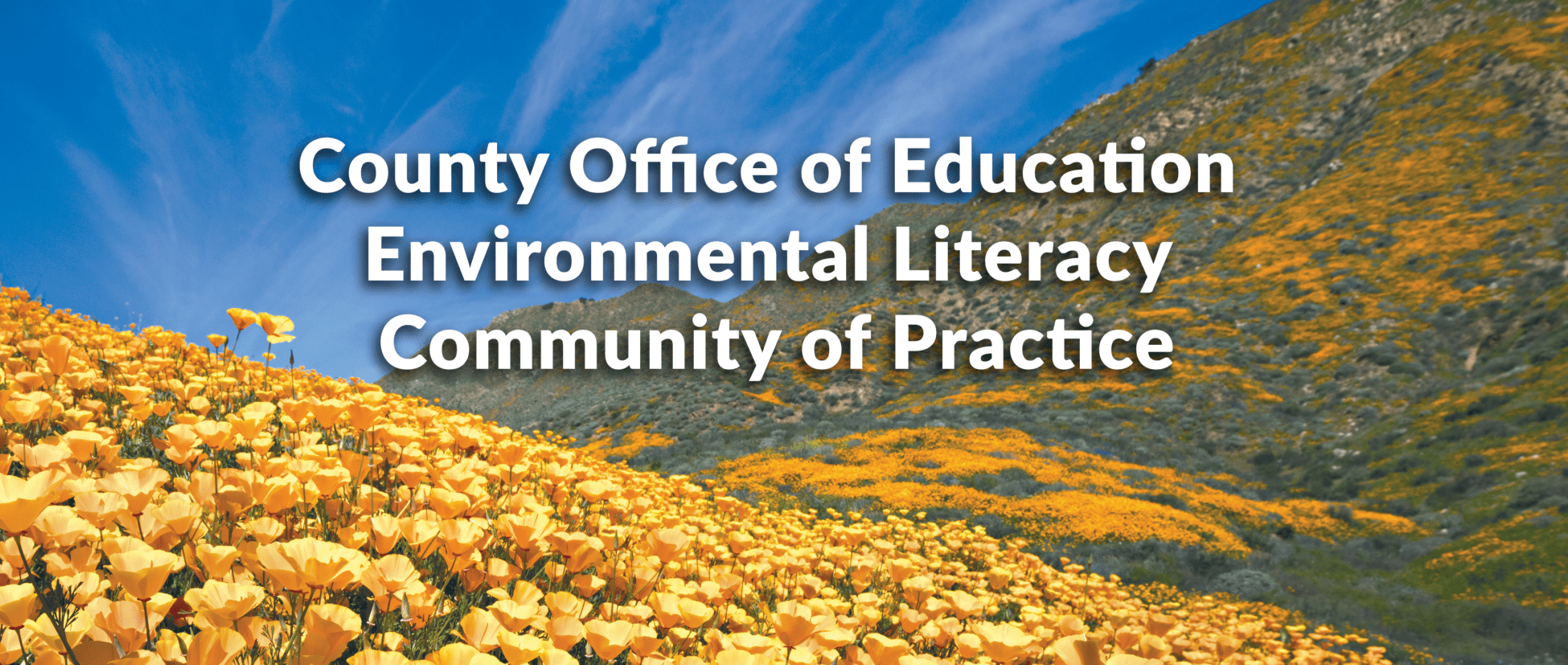
Virtual Meetings
Hosted by the CAELI County Office of Education Innovation Hub
Join our county office of education community of practice! Please register for meetings below.
Who:
California County Office of Education (COE) leaders in any role who are champions of environmental literacy and advocates for vulnerable and marginalized students and communities.
What and Why:
The CAELI COE Environmental Literacy Community of Practice, launched in 2021-22, is hosted by the CAELI County Office of Education Innovation Hub. The purpose of the COP is to provide a space for COE staff to connect with each other to share best practices and resources for advancing environmental literacy and sustainability in their county region.
- +Outcomes
- Build capacity of COEs to serve as a regional backbone support for their school districts to implement a whole school sustainability model—integration of environmental literacy and sustainability into the campus, curriculum, community and culture of their school communities.
- Support access to regular ongoing environmental and outdoor learning experiences for students, by working with school districts, teachers, and community-based partners. This work centers on supporting those from the most vulnerable and marginalized communities.
- Develop district-wide plans that include experiences for students at all grade levels, with an emphasis on low-income students and students of color.
- Integrate environmental sustainability principles and practices into the core operations of each county office of education.
- Implement a whole school sustainability framework through the integration of environmental literacy and sustainability into the curriculum, campus, community, and culture.
Background:
When CAELI’s COE innovation hub published Educating Every California Student In, About, and For the Environment: A Call to Action for County, District, and Educational Leaders and supporting webinar series, the case for environmental literacy as a core competency was made, which supports state and local goals for equity, student achievement, socio-emotional learning, California’s Multi-Tiered System of Supports (MTSS), and civic engagement.
How:
Each meeting will emphasize how to infuse equity principles into environmental literacy initiatives and highlight several topics.
- +Topics
- Examples of environmental literacy and sustainability leadership from COEs and districts throughout the state that showcase collaboration focused on addressing historic environmental and educational inequities.
- Updates on policies and guidelines for addressing environmental literacy and sustainability.
- Strategies to connect with CBPs that address local environmental challenges and injustices and provide students access to place-based outdoor and environmental learning.
- Strategies for applying to Green Ribbon Schools and other awards applications.
- Connections to social-emotional learning, health, MTSS, trauma-informed practices, and other equity-focused whole-child initiatives.
- Funding opportunities and resources, including new funding for expanded learning opportunities, and other programs addressing unfinished learning.
- Time for sharing current environmental literacy and environmental justice efforts, questions, and networking.
2024-25 Meetings
We will meet bi-monthly on these Thursday mornings: August 29, October 31, December 12, February 27, and April 24. Each meeting will be held from 9:00 – 10:30 am PST.
View our flier to save the dates and register for the meetings here.
Register Here

Suite of Tools and Resources Available to Support Environmental LIteracy
Register Here

Curriculum Integration
Register Here

Community Based Partner Networks
Register Here

Expanded Learning
Register Here

Youth Programs
Register Here
2023-24 Meetings
Now in its third year and growing, this community of practice brings together staff from a variety of roles in COEs across the state. We meet every month for networking, professional learning, and focused discussions on self-selected topics.
See this flier to save the dates and register for the meetings here.
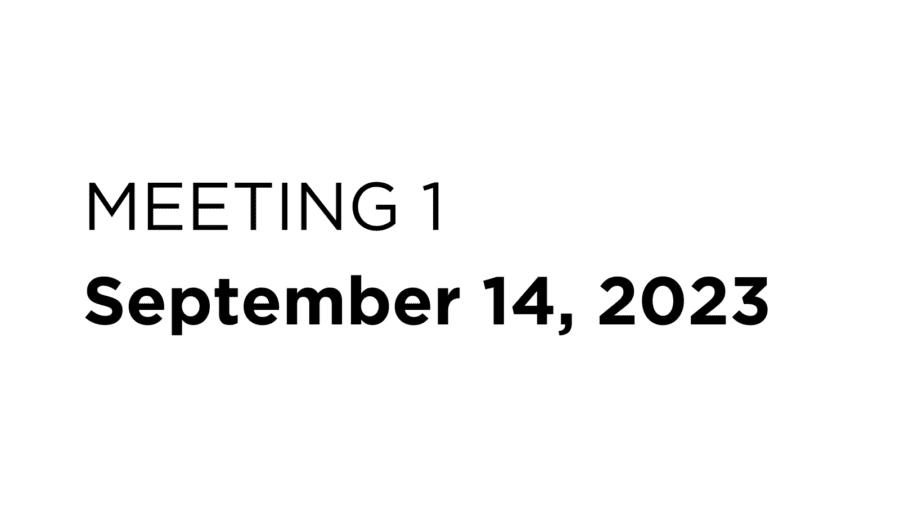
Green Ribbon Schools and Districts
9:00-10:00: Participant-Driven Interactive Networking
10:00-11:00: Deeper Dive: Discuss how to support Green Ribbon applications in
schools and districts in each of the three pillars—environmental impact, health, and curriculum.
Meeting 1: Slides
Meeting 1: Video Recording
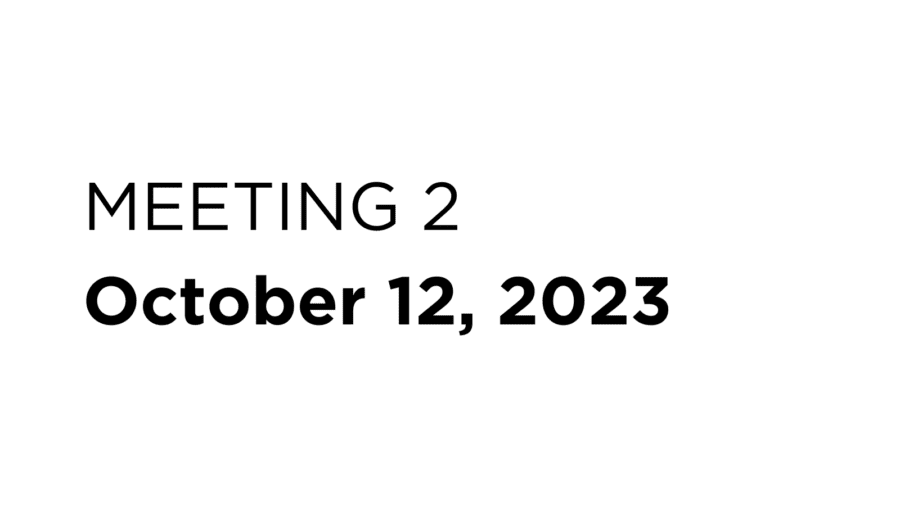
Curriculum & Instruction Leverage Points
9:00-10:00: Participant-Driven Interactive Networking
10:00-11:00: Deeper Dive: Discuss how environmental literacy can strengthen curriculum and instruction in every subject and grade level.
Meeting 2: Slides
Meeting 2: Video Recording
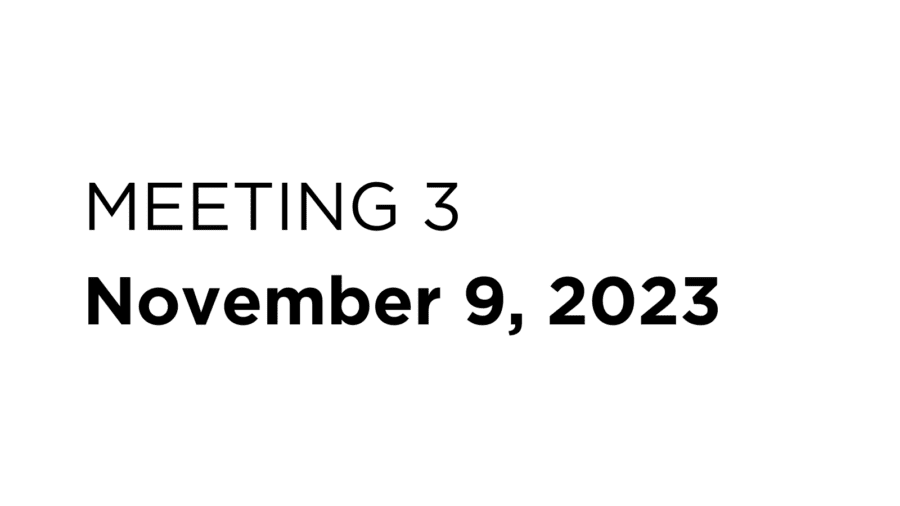
Scaling Professional Learning
9:00-10:00: Professional Learning Session: Discuss models for scaling professional learning for environmental literacy within districts, across the county, and with community-based partners.
10:00-11:00: Team Time for Application
Meeting 3: Slides
Meeting 3: Video Recording
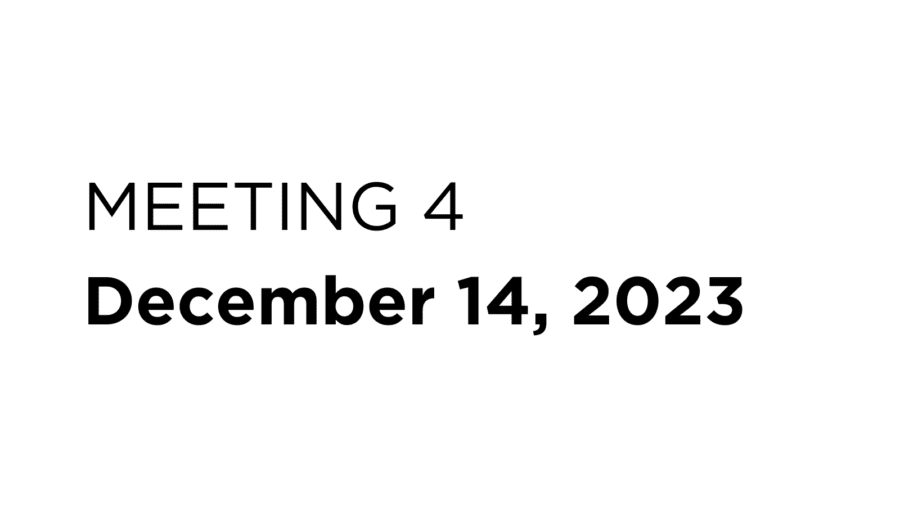
Expanded Learning
9:00-10:00: Participant-Driven Interactive Networking
10:00-11:00: Deeper Dive: Discuss the key role expanded learning programs can play in providing access to outdoor, environment-based, and environmental literacy-focused learning.
Meeting 4: Slides
Meeting 4: Video Recording
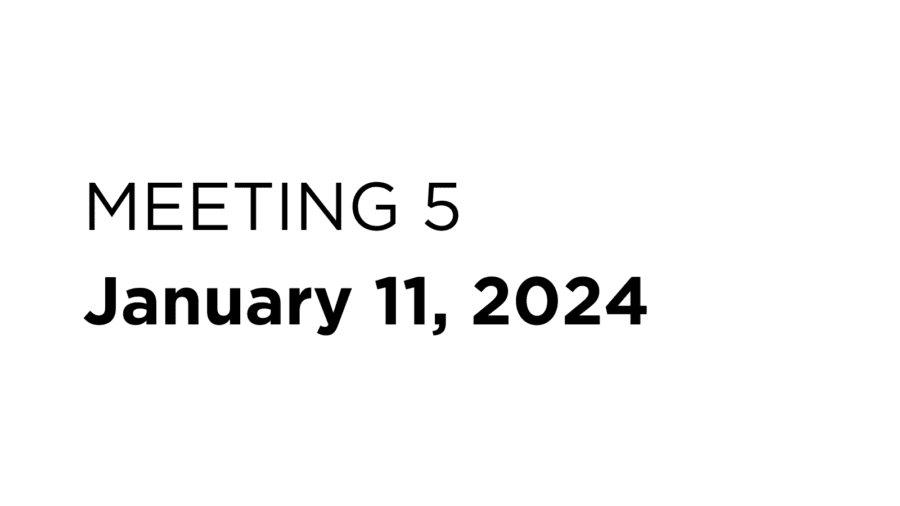
Community-Based Partner Networks
9:00-10:00: Participant-Driven Interactive Networking
10:00-11:00: Deeper Dive: Discuss how county offices can start, support, or grow networks of community-based partners focused on environmental literacy or sustainability.
Meeting 5: Slides
Meeting 5: Video Recording
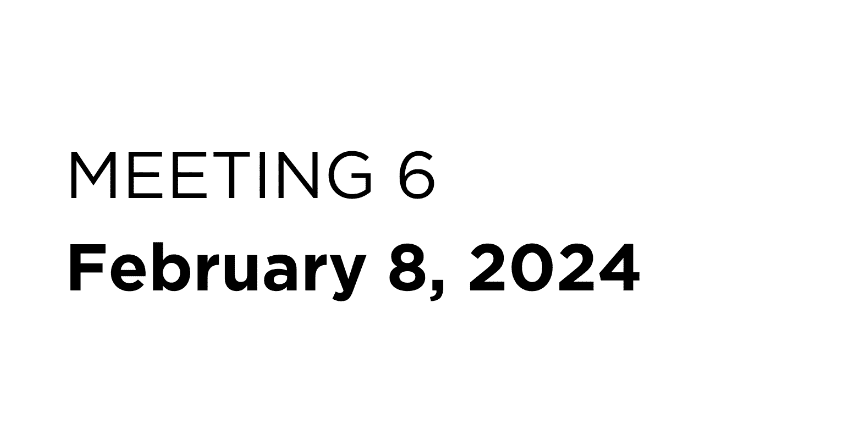
Integrating Environmental Literacy into Core Curriculum
9:00-10:00: Professional Learning Session: Discuss approaches to support teaching environmental and climate literacy in English, Math, and Social Studies courses.
10:00-11:00: Team Time for Application
Meeting 6: Slides
Meeting 6: Video Recording
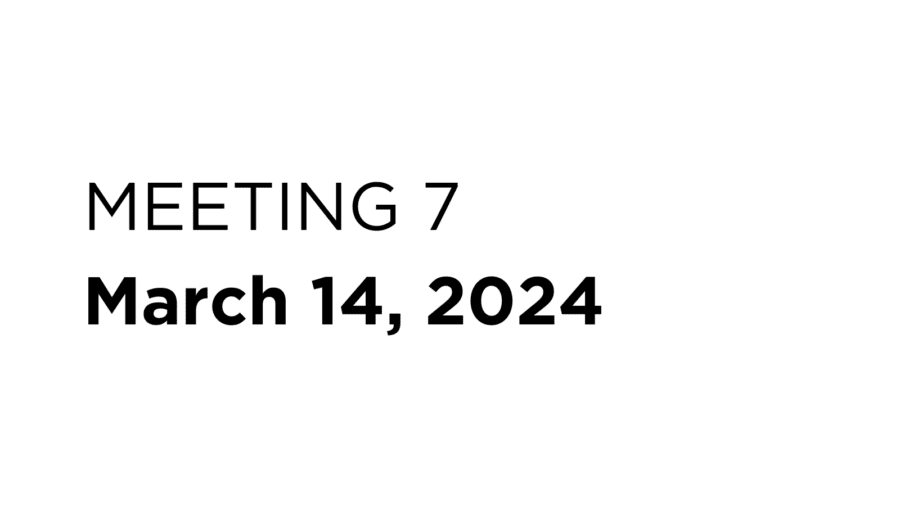
A Guide to District Conversations
9:00-10:00: Participant-Driven Interactive Networking
10:00-11:00: Deeper Dive: Discuss new tools being developed to guide COE staff in engaging in productive conversations with district staff around environmental literacy initiatives.
Meeting 7: Slides
Meeting 7: Video Recording
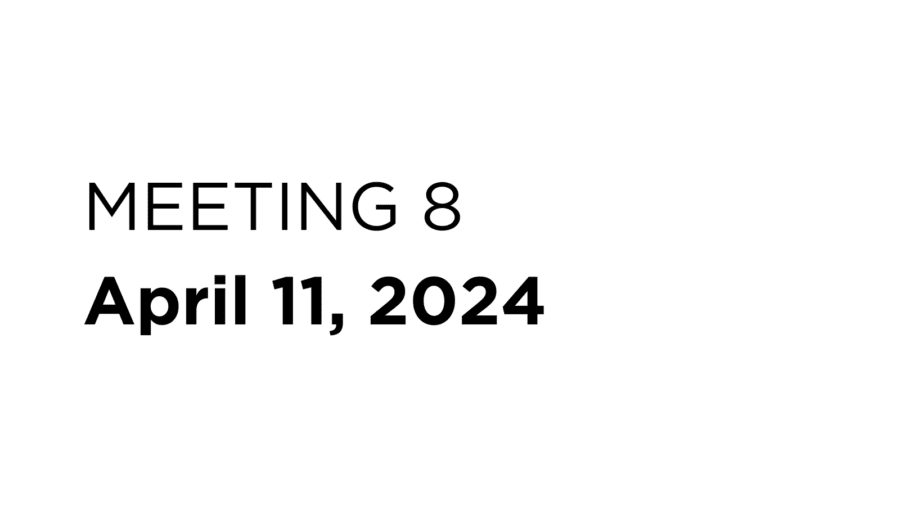
Greening School Facilities
9:00-10:00: Participant-Driven Interactive Networking
10:00-11:00: Deeper Dive: Discuss resources available for COE staff to promote and support the greening of school campuses and grounds.
Meeting 8: Slides
Meeting 8: Video Recording
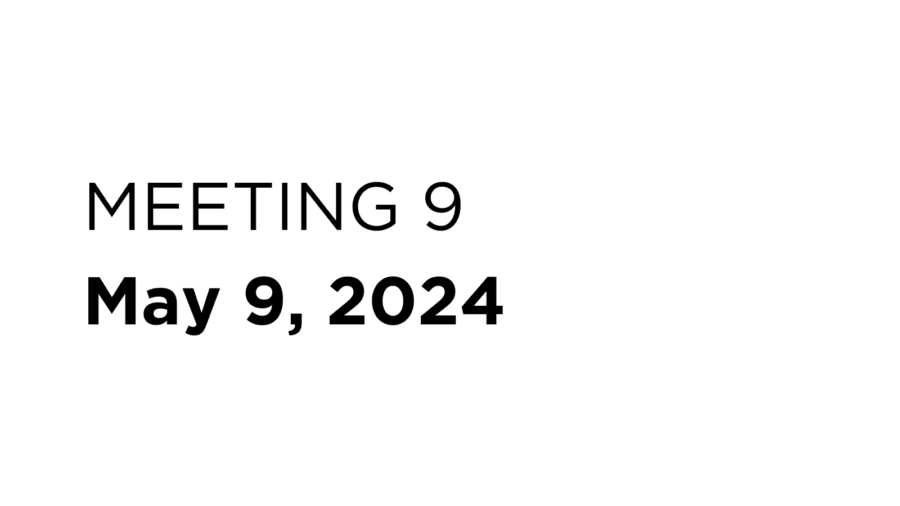
Youth Programs
9:00-10:00: Professional Learning Session: Discuss approaches to cultivating and elevating youth civic engagement and leadership in environmental literacy and climate-ready initiatives.
10:00-11:00: Team Time for Application
Meeting 9: Slides
Meeting 9: Video Recording
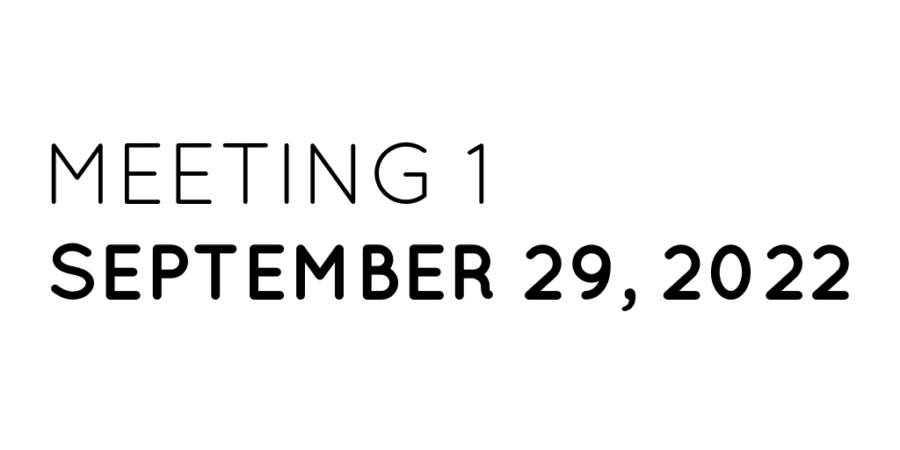
Envisioning the 2022-23 COP in the Context of Current Statewide Initiatives
Come together to revisit what the community of practice has learned together so far. Gain an understanding about the current environmental literacy initiatives in the state and connect with colleagues across California to build a network of champions for environmental literacy across county offices.
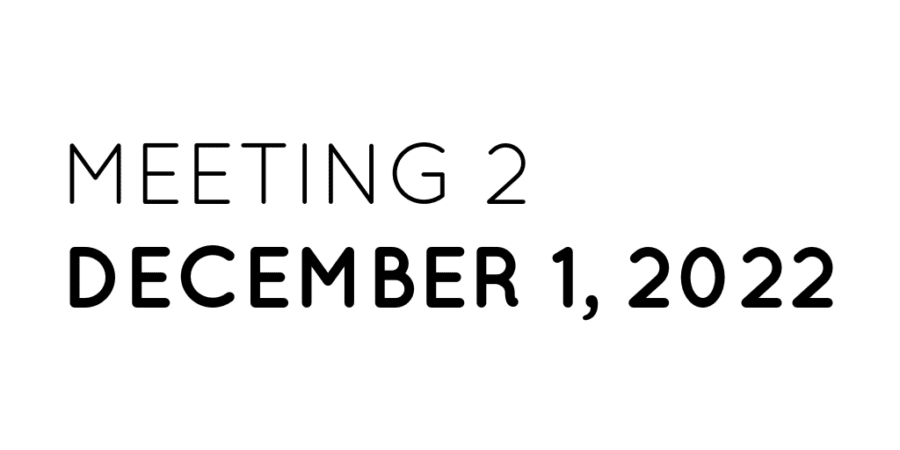
Exploring Opportunities for Environmental Literacy in Expanded Learning
Listen to our second community of practice to learn about expanded learning from experts in the state, identify opportunities to connect environmental literacy and expanded learning programs, and build an understanding of the role of COEs in the decision-making process for district programs.
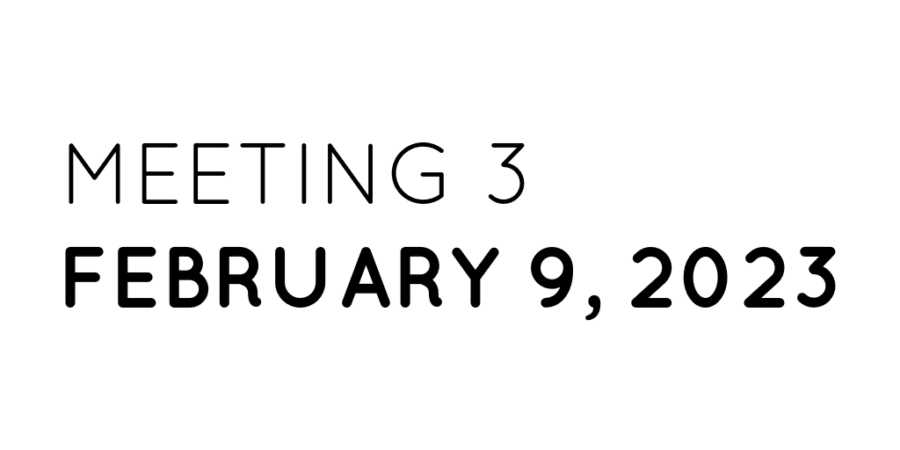
Leveraging Youth Engagement in COE Environmental Literacy Efforts
Leaders of youth engagement programs at a variety of county offices of education in the state share their experience with building and managing youth programs. Learn about why investing in working with our youth is so important, and collaborate with members of the network to identify which type of youth program model might best work in your county office.
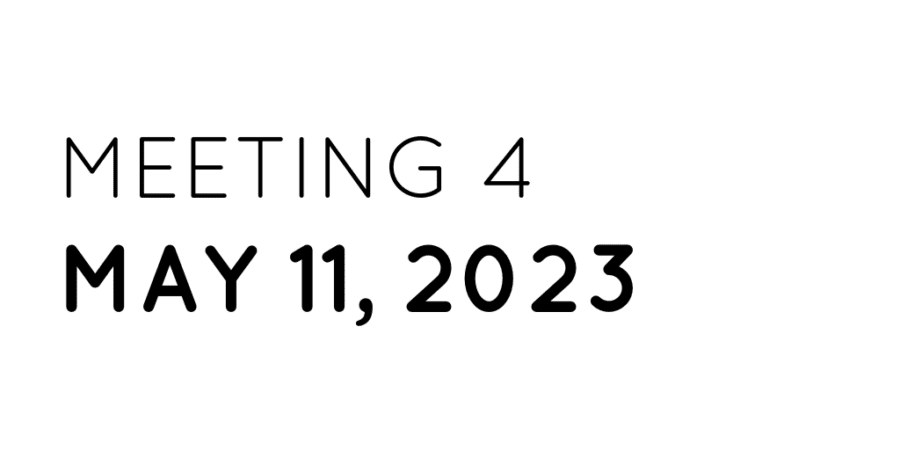
Strategically Engaging and Supporting Districts to Prioritize Environmental Literacy
Revisit the framework of the three pillars for Green Ribbon. Use the pillars to understand where your county office of education and districts are in the implementation of each pillar, and strategize next steps for growth. Collaborate with county office peers to identify the important questions and entry points for supporting districts regarding prioritizing environmental literacy.
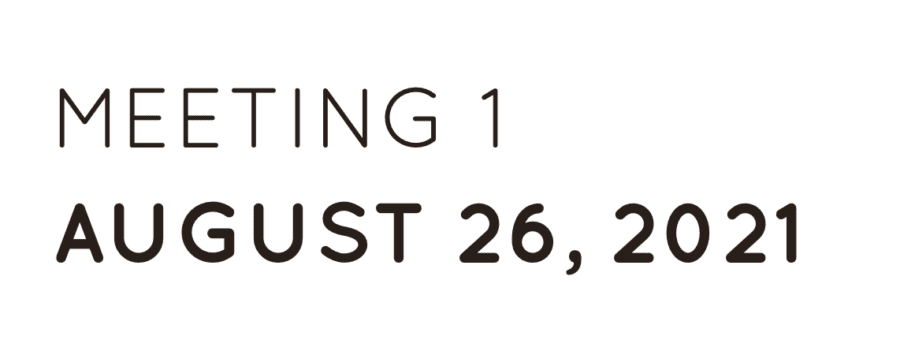
COEs as Leaders in Systemic Change
Discuss the role of COEs in centering equity as the priority in system-wide change and continuous improvement. Learn how COEs can be effective regional “backbone” entities to support districts and schools to integrate environmental literacy and sustainability into curriculum, programs, and buildings and grounds through an equity lens.
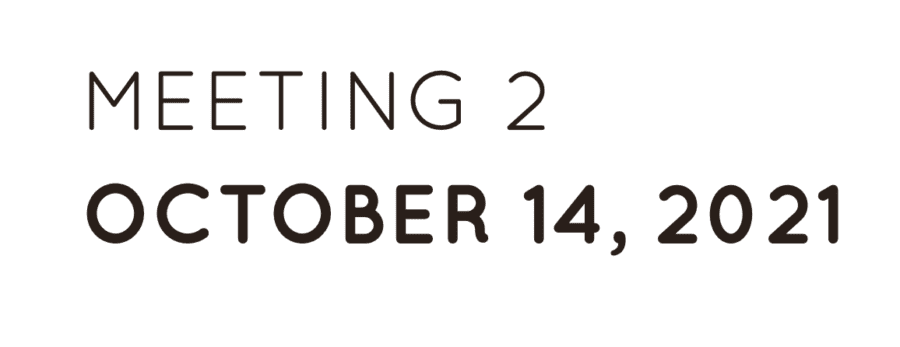
Facilitating a Community-Based Partner (CBP) Network
Explore how COEs can take on regional leadership by ensuring equitable access to place-based learning by connecting school districts with nonformal and informal education partners that represent the interests and concerns of their vulnerable and marginalized communities. Engage with CAELI’s new CBP Toolkit to strengthen connections and collaboration with local CBPs.
Community-Based Partner Network Toolkit
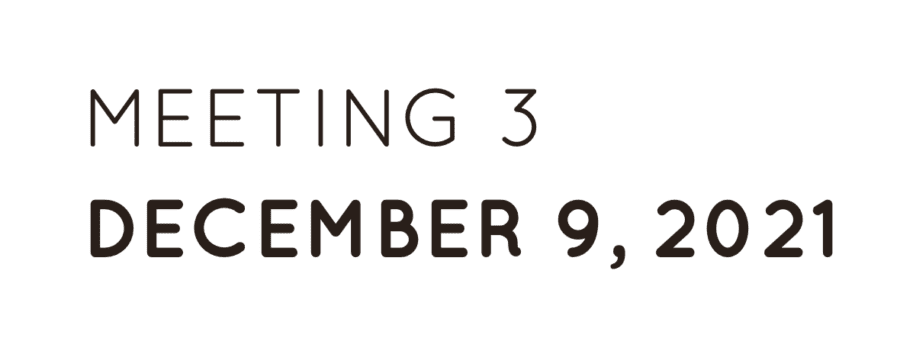
Curriculum and Professional Learning
Explore how COEs can ensure the realization of California’s vision to deliver to teachers instructional materials and professional learning that promote environmental literacy for every student. Discuss connections between California’s Environmental Principles & Concepts, environmental topics and issues, and core content areas. Explore Green Ribbon Pillar 3 – Effective Environmental and Sustainability Education, which includes STEM and interdisciplinary learning as well as civic knowledge and skills.

Sustainable Facilities, Climate Resilient Campuses, and Outdoor Learning
Discover how COEs can focus districts on environmental justice, public health, and civic engagement by modeling sustainability practices in their own buildings, grounds, and operations. Discuss how COEs can provide technical assistance for school districts to green buildings and grounds, prepare for climate disasters, and establish outdoor spaces for equitable learning and improved physical and emotional health.
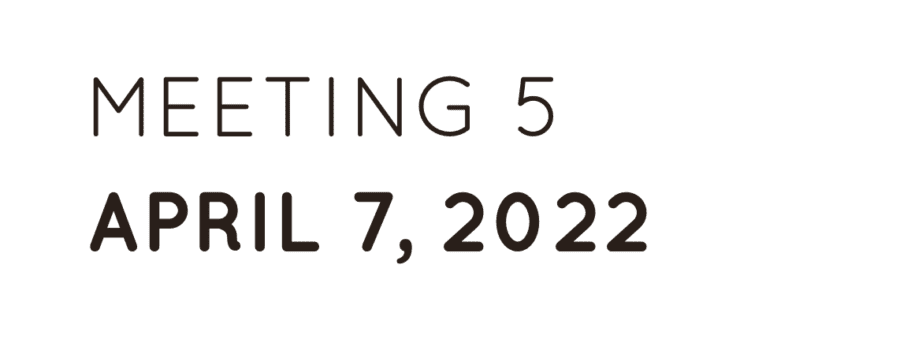
Funding Environmental Literacy Programs
Explore how to advance equity and environmental justice by using state, federal, and grant funding opportunities to build capacity for environmental literacy, outdoor learning, and green buildings and grounds across school districts and sites, particularly in communities most impacted by climate change and unfinished learning.
